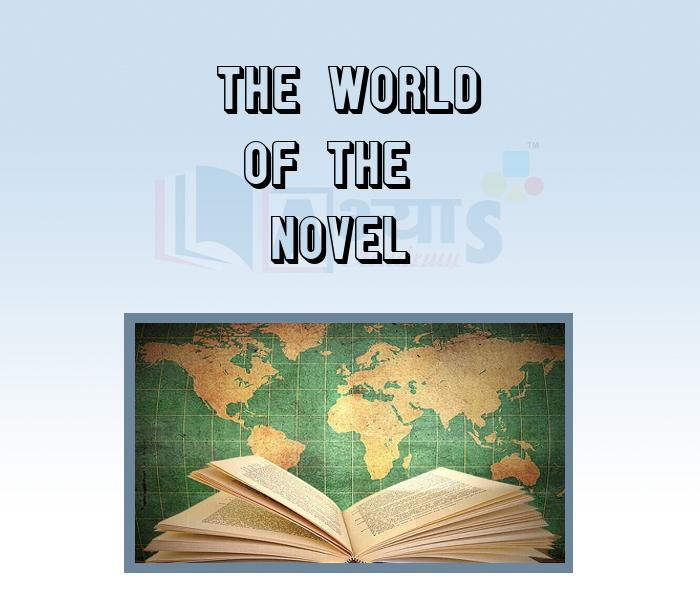The World of the Novel













The World of the Novel
The World of the Novel: In the 19th century, everyday life of common people became the central theme of novel writers. Europe entered the industrial age. Cities expanded in an unregulated way and were filled with overworked and underpaid workers.
Community and Society: 19th century British novelist, Thomas Hardy wrote about the traditional rural communities vanishing. The great novelist of England wrote novels like "Far From the Madding Crowd", "Tess", "Return of the Native", "The Mayor of Casterbridge (1886)", "The Woodlemders" and many more. He was a great lover of nature and his description of natural surroundings refreshes the mind and one feels something really extraordinary.
Language Used in the Novels: The novels used the vernacular language that was spoken a by common people. By coming closer to the different spoken languages of the people, the novels produced the sense of a shared world between diverse people in a nation. A novel may take a classical language and combine it with the language of the streets and make them all a part of the vernacular language. Like the nation, the novel brought together many cultures.
Students / Parents Reviews [10]
A marvelous experience with Abhyas. I am glad to share that my ward has achieved more than enough at the Ambala ABHYAS centre. Years have passed on and more and more he has gained. May the centre flourish and develop day by day by the grace of God.

Archit Segal
7thBeing a parent, I saw my daughter improvement in her studies by seeing a good result in all day to day compititive exam TMO, NSO, IEO etc and as well as studies. I have got a fruitful result from my daughter.

Prisha Gupta
8thAbout Abhyas metholodology the teachers are very nice and hardworking toward students.The Centre Head Mrs Anu Sethi is also a brilliant teacher.Abhyas has taught me how to overcome problems and has always taken my doubts and suppoeted me.

Shreya Shrivastava
8thAbhyas Methodology is very good. It is based on according to student and each child manages accordingly to its properly. Methodology has improved the abilities of students to shine them in future.

Manish Kumar
10thIt was a good experience with Abhyas Academy. I even faced problems in starting but slowly and steadily overcomed. Especially reasoning classes helped me a lot.

Cheshta
10thMy experience with Abhyas academy is very good. I did not think that my every subject coming here will be so strong. The main thing is that the online tests had made me learn here more things.

Hiya Gupta
8thIt was good as the experience because as we had come here we had been improved in a such envirnment created here.Extra is taught which is beneficial for future.

Eshan Arora
8thMy experience with Abhyas is very good. I have learnt many things here like vedic maths and reasoning also. Teachers here first take our doubts and then there are assignments to verify our weak points.

Shivam Rana
7thMy experience was very good with Abhyas academy. I am studying here from 6th class and I am satisfied by its results in my life. I improved a lot here ahead of school syllabus.

Ayan Ghosh
8thAbhyas is a complete education Institute. Here extreme care is taken by teacher with the help of regular exam. Extra classes also conducted by the institute, if the student is weak.
